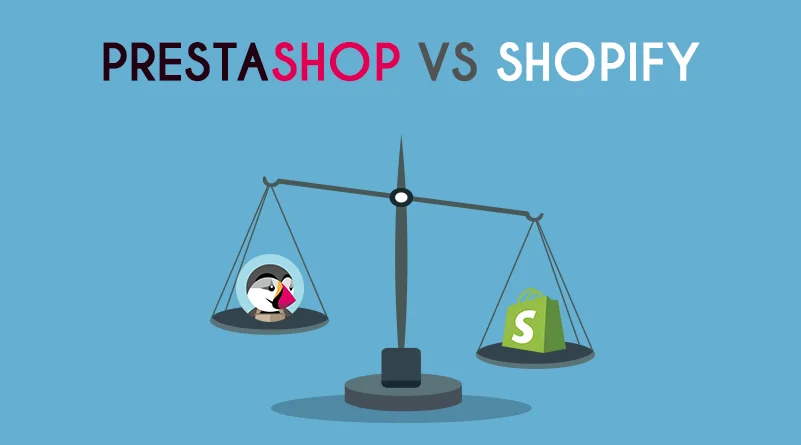
In the bustling tech landscape of Kenya, where startups are flourishing and digital innovation is at the forefront, choosing the right technology stack for web development is crucial. Among the myriad options available, PHP stands out as a powerful and versatile language, driving dynamic and interactive web experiences for businesses across various industries. Today, at E-startups Kenya, we delve into the realm of PHP for web development and explore how it can propel Kenyan startups to new heights.

Why PHP?
PHP, a server-side scripting language, has long been a favorite among developers for building robust and scalable web applications. Here’s why Kenyan startups should consider harnessing the power of PHP:
1. Ease of Learning and Deployment: PHP boasts a simple and intuitive syntax, making it easy for developers to grasp, even for those new to programming. With a vast community of developers and extensive documentation, startups can quickly ramp up their PHP development efforts and bring their ideas to life.
2. Cost-Effectiveness: In a startup ecosystem where budget constraints are common, PHP offers a cost-effective solution for web development. It is an open-source language, meaning startups can leverage a wide range of frameworks, libraries, and tools without hefty licensing fees, reducing development costs significantly.
3. Scalability and Performance: Despite its humble origins, PHP has evolved into a powerful language capable of handling high-traffic websites and complex applications. With frameworks like Laravel and Symfony, startups can build scalable and performant web solutions that grow alongside their business.
4. Rich Ecosystem: PHP boasts a rich ecosystem of frameworks, CMS platforms, and libraries, providing developers with the building blocks they need to create dynamic and feature-rich web applications. From content management systems like WordPress and Drupal to e-commerce platforms like Magento, PHP offers a plethora of options to suit diverse business needs.
Harnessing the Power of PHP:

For Kenyan startups looking to harness the power of PHP for web development, here are some key strategies to consider:
1. Choose the Right Framework: Selecting the right PHP framework is crucial for streamlining development efforts and ensuring scalability and maintainability. Laravel, with its elegant syntax and robust features, is an excellent choice for building modern web applications. Symfony, CodeIgniter, and Yii are also popular options worth exploring.
2. Focus on Security: Security should be a top priority for any web application, especially in an age where cyber threats abound. Kenyan startups should implement best practices for PHP security, such as input validation, parameterized queries, and secure authentication mechanisms, to safeguard their applications and protect user data.
3. Embrace DevOps Practices: Adopting DevOps practices can streamline the development, deployment, and maintenance of PHP applications. Kenyan startups should leverage automation tools, continuous integration/continuous deployment (CI/CD) pipelines, and containerization technologies like Docker to improve efficiency and collaboration within their development teams.
4. Stay Updated: The technology landscape is constantly evolving, and PHP is no exception. Kenyan startups should stay abreast of the latest trends, updates, and best practices in the PHP community to ensure their applications remain secure, performant, and competitive in the market.

Conclusion:
In the dynamic and vibrant startup ecosystem of Kenya, PHP emerges as a formidable ally for web development, offering simplicity, scalability, and cost-effectiveness. At E-startups Kenya, we recognize the immense potential of PHP in driving digital innovation and empowering startups to thrive in the digital age. Whether you’re launching a new venture or scaling your existing business, PHP can serve as a powerful tool for building dynamic and engaging web experiences that captivate audiences and drive success. Partner with us today and embark on your journey towards digital excellence with PHP.




























